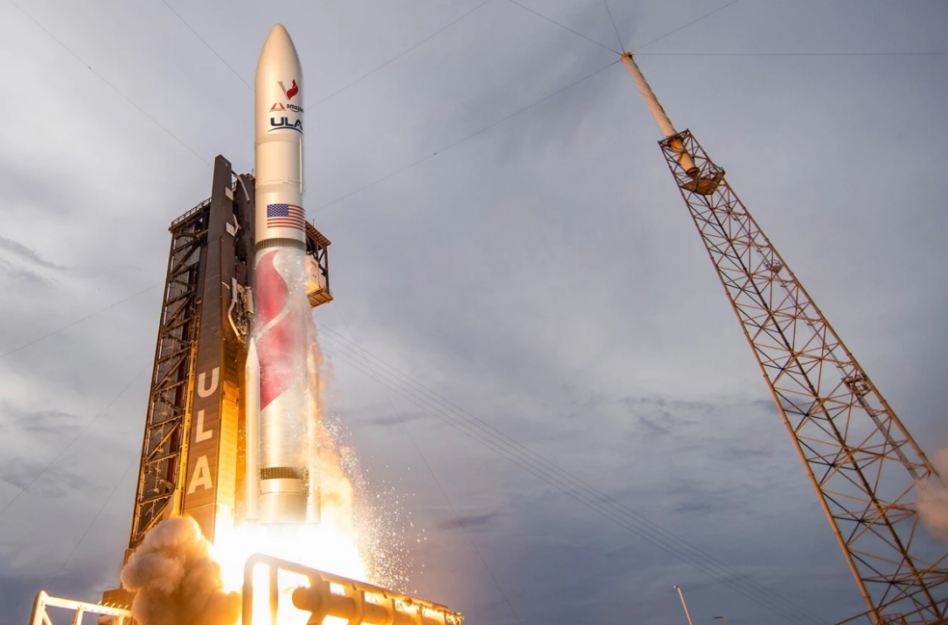The Space Force (USSF) has signed on to be one of the very first customers of a gas station in space.
This week, in-space refueling company Orbit Fab won a $13.3M USSF contract to gas up geostationary (GEO) military satellites starting in 2025. Under the four-year contract, which was first reported by Bloomberg, the Colorado-based space startup will deliver hydrazine propellant to at least one Space Force satellite in GEO.
If you build it, they will come
Jeremy Schiel, cofounder and chief development officer of Orbit Fab, told Payload he expects the Defense Department’s buy-in to boost the company’s credibility on the commercial market.
“This is another focal point showing the commercial industry that the government is buying” Orbit Fab’s services, he said. “We’re getting derisked…and it’s less likely we won’t be around in five to 10 years…That makes it easier to work with Orbit Fab.”
Orbit Fab, which was founded in 2018, signed its first refueling contract with Astroscale US in January. It received $12M in March to add its proprietary RAFTI refueling port to military satellites.
Logistics are critical to national security on the ground. It’s no different in space, where mission requirements or maneuvering around debris can force critical satellites to burn through precious fuel and shorten their service life.
“If we can get fuel as a service, we don’t have to build the infrastructure on orbit, and we can focus on protecting the satellites,” Col. Joseph Roth, the director of innovation and prototyping at US Space Systems Command, told SpaceNews in April.
Imagine all the use cases
Schiel said on-orbit refueling has implications beyond service life extension, including allowing a builder vehicle to assemble assets in orbit that are too large to fit on a rocket in one piece.
“In my mind, everything follows refueling,” Schiel said. “The economy can only grow when you have a cheap and reliable fuel source that allows you to repurpose assets you already have, like on Earth.”





